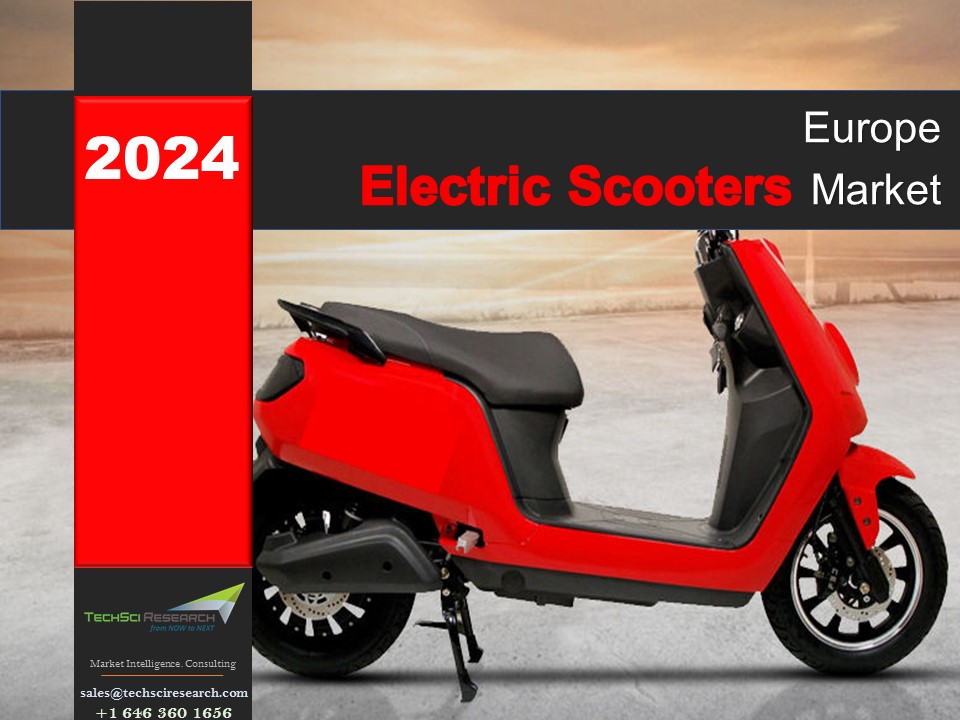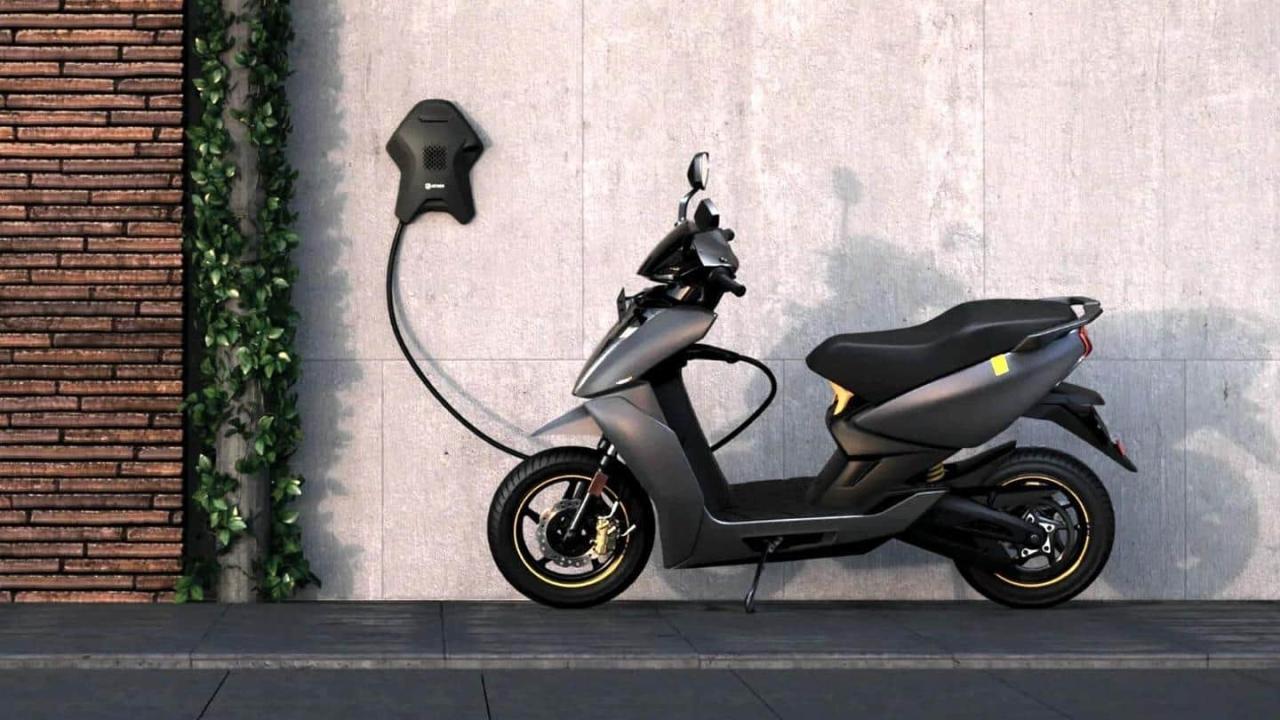As EV subsidies for electric scooters in Europe come into focus, this opening passage invites readers with a blend of knowledge and curiosity, ensuring an enriching and original reading experience.
The following paragraphs will delve into the details of EV subsidies, shedding light on their significance and impact in the realm of sustainable transportation.
Overview of EV subsidies for electric scooters in Europe

Electric Vehicle (EV) subsidies for electric scooters are financial incentives provided by governments to encourage the adoption of eco-friendly transportation options. These subsidies aim to make electric scooters more affordable for consumers, thereby promoting sustainable mobility and reducing greenhouse gas emissions.
Importance of EV subsidies
- EV subsidies play a crucial role in accelerating the transition towards cleaner transportation alternatives.
- By reducing the upfront costs of purchasing electric scooters, subsidies make them more accessible to a wider range of consumers.
- Encouraging the use of electric scooters helps decrease air pollution and mitigate the impacts of climate change.
Current state of EV subsidies in Europe
- Several European countries offer subsidies, tax incentives, and grants for the purchase of electric scooters.
- These subsidies vary in amount and eligibility criteria, depending on the country and local regulations.
- Some countries also provide incentives for installing charging infrastructure to support the growth of electric scooter usage.
Types of subsidies available

Electric scooter subsidies in Europe come in various forms to incentivize the adoption of eco-friendly transportation options. These subsidies can include government incentives, tax credits, rebates, and grants, all aimed at making electric scooters more accessible and appealing to consumers.
Let's delve into the different types of subsidies available and their impact on adoption rates.
Government incentives
Government incentives for electric scooters often involve financial support or discounts provided by local or national authorities to encourage the purchase of electric vehicles. These incentives can take the form of direct subsidies, where a portion of the purchase price is covered by the government, or indirect benefits such as access to bus lanes or free parking for electric scooters.
By reducing the upfront cost and offering additional perks, government incentives play a significant role in boosting the popularity of electric scooters among consumers.
Tax credits
Tax credits are another common form of subsidy for electric scooters in Europe. These credits allow consumers to deduct a certain amount from their taxes when they purchase an electric scooter, effectively lowering the overall cost of ownership. Tax credits provide a financial incentive for consumers to choose electric scooters over traditional gasoline-powered vehicles, contributing to the growth of the electric scooter market.
Rebates
Rebates are refunds or partial reimbursements offered to consumers after they have purchased an electric scooter. These subsidies help offset the initial investment required to buy an electric scooter, making it a more attractive option for budget-conscious buyers. Rebates can vary in amount and eligibility criteria, but they ultimately serve to encourage more people to switch to electric scooters and reduce their carbon footprint.
Grants
Grants are funds provided by governments or other organizations to support the purchase of electric scooters. These grants can cover a portion of the cost, fund research and development initiatives, or support infrastructure improvements for electric vehicles. By offering financial assistance and promoting innovation in the electric scooter industry, grants contribute to the overall growth and sustainability of the market.
Eligibility criteria for subsidies

To qualify for subsidies for electric scooters in Europe, individuals or businesses must meet certain eligibility requirements set by the respective governments or relevant authorities. These criteria are put in place to ensure that the subsidies are allocated to those who truly need and deserve them.
Individual Eligibility
- Must be a resident of the country offering the subsidies
- Valid driving license for electric scooters
- Proof of purchase or lease of an eligible electric scooter
- Income restrictions may apply
Business Eligibility
- Registered business in the country providing the subsidies
- Intended use of electric scooters for business purposes
- Proof of vehicle registration and insurance
- Compliance with any additional requirements for commercial vehicles
Restrictions and Limitations
- Subsidies may be limited to a certain number of vehicles per individual or business
- Subsidies may only apply to specific models or brands of electric scooters
- Subsidy amounts may vary based on factors such as battery capacity or range
- Subsidies may have an expiration date or a limited budget allocation
Successful Cases
One successful case is a small delivery business in France that was able to expand its operations by taking advantage of government subsidies for electric scooters. By replacing their gasoline-powered scooters with electric ones, they not only saved on fuel costs but also contributed to reducing emissions in urban areas.
Another example is an individual in Germany who received a subsidy for purchasing an electric scooter as their primary mode of transportation for commuting to work. This subsidy helped them afford a more environmentally friendly and cost-effective alternative to traditional vehicles.
Environmental impact of EV subsidies
Electric Vehicle (EV) subsidies play a crucial role in reducing carbon emissions and promoting a greener transportation system. By incentivizing the adoption of electric scooters through subsidies, governments aim to mitigate the environmental impact of traditional gasoline-powered vehicles.
Reducing carbon emissions
- EV subsidies encourage the use of vehicles that produce zero tailpipe emissions, significantly reducing greenhouse gas emissions.
- By transitioning to electric scooters, which are more energy-efficient than internal combustion engine vehicles, overall carbon emissions are decreased.
- Decreased reliance on fossil fuels for transportation leads to a reduction in air pollution and improves air quality in urban areas.
Potential long-term benefits for the environment
- As the adoption of electric scooters increases due to subsidies, the overall carbon footprint of the transportation sector decreases, contributing to a cleaner environment.
- Reduction in noise pollution from electric scooters compared to traditional vehicles also benefits the environment and public health.
- Long-term environmental benefits include conservation of natural resources and a more sustainable transportation system.
Role of subsidies in transitioning to a greener transportation system
- EV subsidies act as a catalyst in the shift towards sustainable transportation by making electric scooters more accessible and affordable for consumers.
- Government support through subsidies encourages innovation in the electric vehicle industry, leading to advancements in technology and infrastructure for greener transportation options.
- By promoting the use of electric scooters, subsidies drive the development of a more environmentally friendly and energy-efficient transportation ecosystem.
Summary
In conclusion, the discussion on EV subsidies for electric scooters in Europe paints a compelling picture of their role in shaping a cleaner and more efficient transportation landscape.
FAQ
What are the key benefits of EV subsidies for electric scooters?
EV subsidies help lower the upfront costs of electric scooters, making them more affordable and encouraging their adoption for eco-friendly commuting.
Are there specific requirements to qualify for EV subsidies in Europe?
Eligibility criteria may vary by country, but generally, individuals or businesses purchasing electric scooters must meet certain conditions such as vehicle specifications and registration.
How do EV subsidies contribute to reducing carbon emissions?
By promoting the use of electric scooters over traditional fuel-powered vehicles, EV subsidies play a crucial role in cutting down greenhouse gas emissions and combating climate change.













